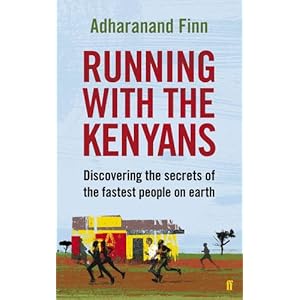Publisher Vintage is re-issuing a batch of Nigel Strangeways mysteries, written by Nicholas Blake, the pen name of the late poet laureate Cecil Day-Lewis (yes, Daniel's dad).
Hilarious.
Not the decision to publish, you understand. More the merrier. But reading the first one, A Question of Proof... well it's hilarious.
Cecil's narrative style makes the guy who did the Pathe newsreel sound like a crazy American hip hop star. Stiff? There isn't a word for how stiff this narrative is.
We are often told that the whodunnit became the genre of choice for a certain type of well to do Brit. Here it is in action.
Partly what is wonderful about it is that it is a reminder just how good Agatha Christie was. Blake/Cecil's narration is all over the place. Points of view criss cross, the reader is deluged with characters, half of which I constantly got confused, and it is packed with self deprecating, but actually quite insulting references to the silly business of writing crime novels. Cecil is slumming it and he wants to make sure his friends realise this. Bet he got well paid though, he ended up writing twenty-one of these books.
 |
| Check out Crimelit for more info |
As for Strangeways, the oddest thing about him is his name. We are told he likes tea (this is England, so big deal) and that he likes to sleep under a heavy weight. ie a lot of blankets. Er, um, really? No kidding. As detective ticks go it isn't exactly up there with playing the violin late at night while high on morphine, but I guess Blake/Cecil thought all the best ideas had already gone.
I'm not saying you shouldn't read it, of course. It's entertaining, if for no other reason than to remind yourself just how we ended up with Midsomer Murders on TV.






